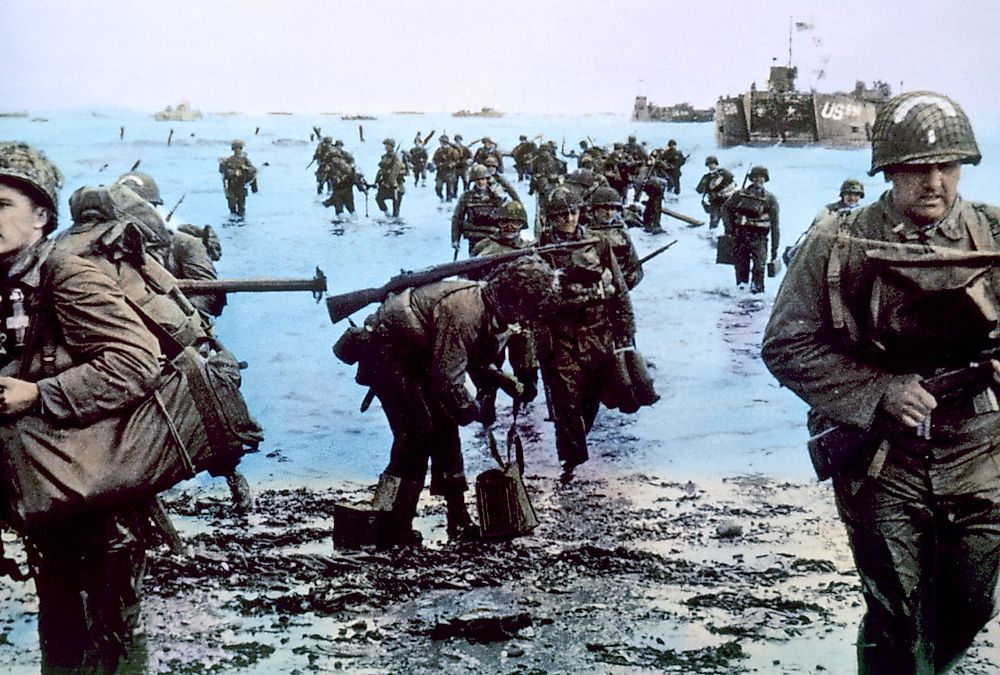Worst Wars in History

Throughout history, humanity has been plagued by numerous conflicts that have left indelible scars on societies, civilisations, and individuals. Unfortunately, wars have become synonymous with human history, and some stand out as the worst examples of human suffering, destruction, and moral atrocities. This article delves into the darkest chapters of our past to explore the worst wars in history, highlighting the war crimes that stained these conflicts and examining how such crimes are prosecuted.
The Worst Wars in History:
World War II
Undoubtedly one of the most devastating conflicts, World War II witnessed the loss of approximately 85 million lives, including civilian casualties and military personnel. It encompassed numerous war crimes, including the Holocaust, where Nazi Germany systematically exterminated six million Jews. The worst war crimes during this period include the Nanjing Massacre, where the Imperial Japanese Army brutally murdered thousands of Chinese civilians.
The Rwandan Genocide
The Rwandan Genocide in 1994 is a haunting reminder of the depths of human cruelty. In just 100 days, an estimated 800,000 Tutsis and moderate Hutus were brutally massacred by extremist Hutus. One of the worst war crimes in history committed during this genocide included mass killings, sexual violence, and widespread destruction.
The Bosnian War
The Bosnian War (1992-1995) witnessed a wave of ethnic cleansing, particularly in the Srebrenica massacre, where Bosnian Serb forces systematically murdered more than 8,000 Bosniak men and boys. This genocide, recognised as the worst atrocity on European soil since World War II, included mass executions, rape, and forced displacement.
The Vietnam War
Lasting from 1955 to 1975, the Vietnam War was a brutal conflict that killed an estimated two to three million Vietnamese civilians. Using chemical weapons, such as Agent Orange, resulted in long-lasting health consequences and environmental damage. War crimes, including the My Lai Massacre, where American troops killed hundreds of unarmed Vietnamese civilians, further marred the war’s history.
How Are War Crimes Prosecuted?
War crimes are grave violations of the laws and customs of war, and prosecuting such crimes is crucial to ensuring justice and accountability. International bodies, such as the International Criminal Court (ICC), have been established to investigate and prosecute individuals responsible for war crimes. These institutions rely on various legal mechanisms to bring perpetrators to justice, including evidence collection, witness testimonies, and collaboration with national judicial systems.
The ICC investigates and prosecutes individuals for crimes against humanity, genocide, war crimes, and crimes of aggression. It operates based on the principle of complementarity, meaning it only intervenes when national jurisdictions are unable or unwilling to prosecute such crimes genuinely.
National courts also play a vital role in prosecuting war crimes. Countries can exercise universal jurisdiction, allowing them to prosecute individuals regardless of where the crimes were committed or the accused’s nationality. By upholding the rule of law and enforcing accountability, these courts contribute to deterring war crimes and promoting justice.
The worst wars have left a dark stain on humanity, marked by unimaginable suffering, loss, and moral degradation. From the Holocaust to the Rwandan Genocide and the Bosnian War, these conflicts bear witness to the depths of human cruelty. War crimes committed during these periods have shattered lives, communities, and entire nations. However, the pursuit of justice and accountability remains essential. Through international and national judicial systems, war criminals are prosecuted, ensuring they face their actions’ consequences. As we reflect on past horrors, we must strive to build a future where peace and justice prevail over violence and impunity.
